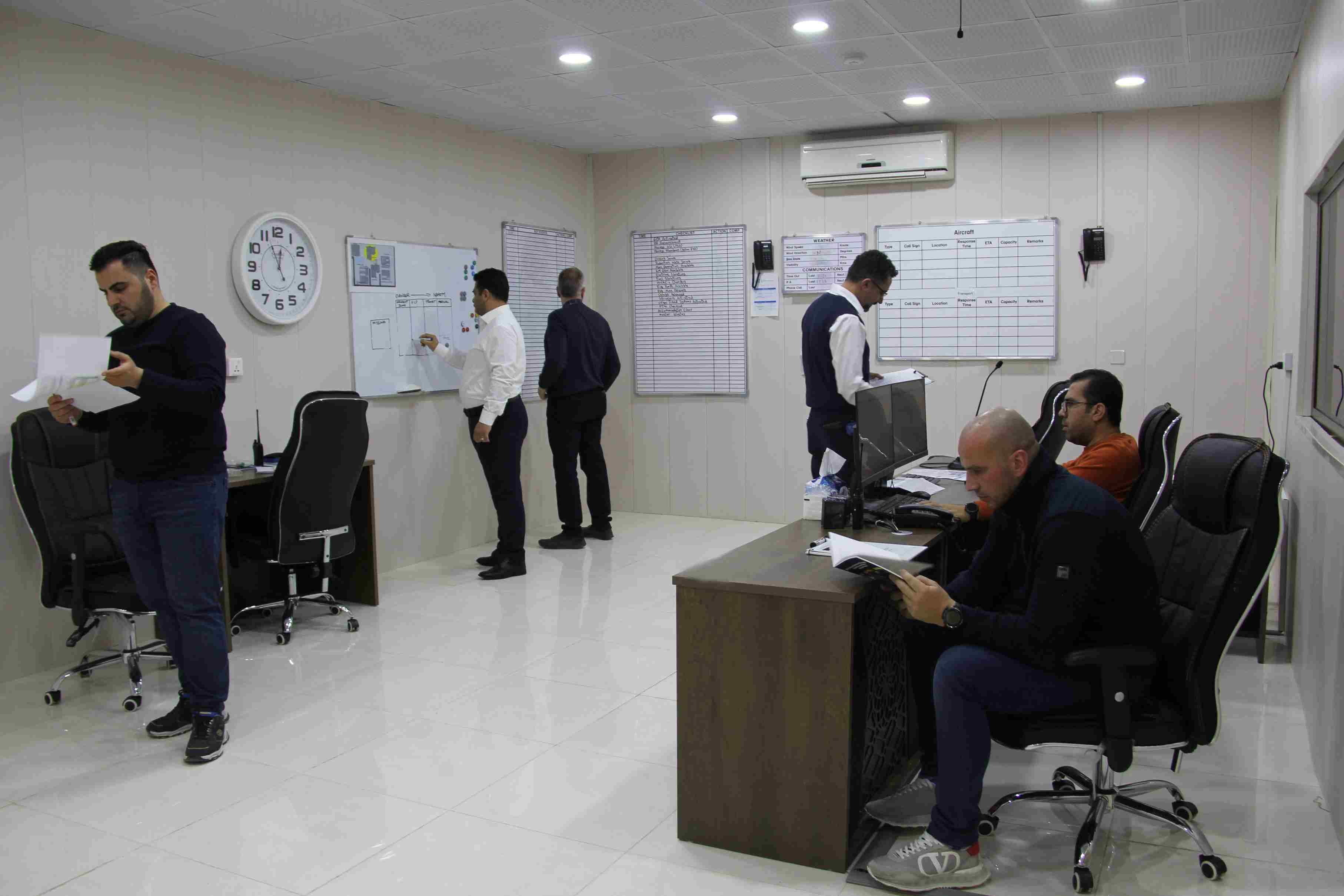
Major Emergency Management Initial Response (MEMIR)
It focuses on leadership, decision-making, communication, and coordination during high-pressure situations, ensuring a structured and effective approach to emergency management in the early stages of an incident.
Introduction
If an incident occurs, the first minutes of the response are critical to escalation prevention and to the successful conclusion of the event. Even in a built-up area where the emergency services can be quickly summoned it is still the initial response that dictates the outcome and someone must take control. Imagine then the pivotal role of an emergency manager in a facility located in a remote region where the installation is surrounded by acres of land/water and assistance is limited.
A Major Emergency Management Initial Response course provides personnel with formal training in command, control, communications and stress-related factors in the management of major emergencies.
An emergency manager (EM) has the primary duty of identifying the problem, determining the correct level of response and ensuring that this response is implemented. Events need to be anticipated, a plan formulated and the emergency management team (EMT) must support the manager’s decisions and act accordingly.
Before personnel can go forward for formal assessment in emergency management, they first require training in handling major emergencies at the scene and an appraisal of their capabilities under duress. Emergency management also requires specific qualities and skills, which are essentially different from those demanded by daily routine.
Course Objectives
The aim of the MEMIR Training is to equip personnel with formal training in command, control, communications and stress-related factors in the management of major emergencies. In addition, this programme also provides initial emergency management training for personnel who are undertaking a training and competence programme to progress to the role of an emergency response manager. The objectives of the MEMIR Training are that delegates will be able to:
What you will learn in this course
Understand the key factors of preparing for, responding to, and maintaining control throughout the development or escalation of an emergency situation
Learn how to manage communication, emergency-related information and put into place predetermined plans at the point when the emergency alarm has been raised, to the point when the emergency manager is assured that the emergency is over
Understand how stress can impact on individuals and team performance during emergencies
Have the opportunity to role-play as the emergency manager in a minimum of two specific types of emergency scenarios. This is a key element of the training programme, and is backed up by constructive feedback from the course instructional team.
